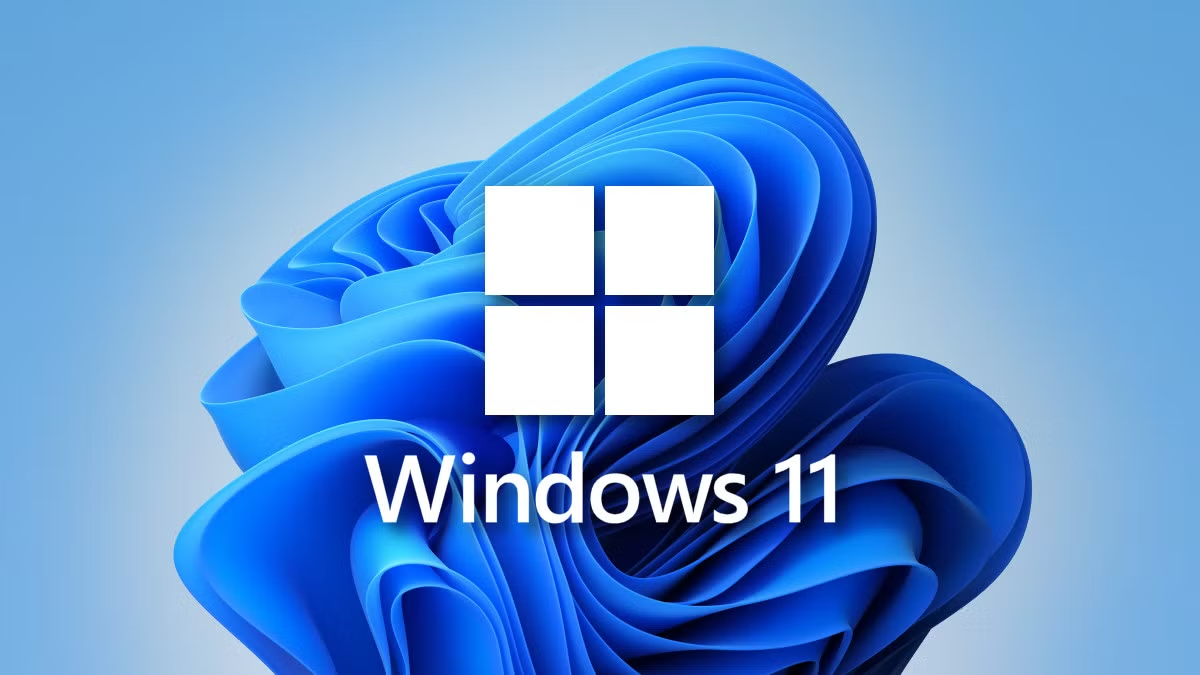If you are experiencing a sluggish startup on your Windows 11 device, you are not alone. Many users are searching for ways to fix Windows 11 slow startup issues. Fortunately, there are several effective methods to address this problem. In this article, we will explore how to Fix Windows 11 slow startup and boost your system’s performance in just 10 minutes. By following these steps, you can significantly reduce the time it takes for your computer to boot up and enhance its overall efficiency. Let’s dive into the solutions that will help you fix Windows 11 slow startup and get your device running smoothly again.
Understanding the Causes of Slow Startup
Before we delve into the solutions, it’s essential to understand what might be causing your Windows 11 slow startup. Several factors can contribute to this issue, including:
- Too Many Startup Programs: When too many applications are set to launch at startup, they can significantly slow down the boot process. This is one of the primary reasons users seek to fix Windows 11 slow startup.
- Outdated Drivers: Drivers that are not updated can lead to compatibility issues, which may cause delays during startup. Keeping your drivers up to date is crucial to fix Windows 11 slow startup.
- Hard Drive Issues: A fragmented or failing hard drive can also contribute to slow boot times. Regular maintenance can help fix Windows 11 slow startup related to hard drive performance.
- System Settings: Certain system settings may not be optimized for performance, leading to longer startup times. Adjusting these settings can help fix Windows 11 slow startup.
- Malware or Viruses: Infections can slow down your system and affect startup times. Running a thorough scan can help fix Windows 11 slow startup caused by malicious software.
Quick Fixes to Improve Startup Speed
Now that we understand the potential causes, let’s look at some quick fixes to help you fix Windows 11 slow startup.
Disable Unnecessary Startup Programs
One of the easiest ways to fix Windows 11 slow startup is to disable unnecessary startup programs. Here’s how you can do it:
- Press
Ctrl + Shift + Escto open the Task Manager. - Navigate to the Startup tab.
- Review the list of programs and disable any that you do not need to start automatically.
By limiting the number of programs that launch at startup, you can significantly reduce boot time and fix Windows 11 slow startup.
Update Your Drivers
Keeping your drivers updated is essential for optimal performance. To fix Windows 11 slow startup, follow these steps:
- Right-click on the Start button and select Device Manager.
- Expand the categories and right-click on the device you want to update.
- Select Update driver and follow the prompts.
Regularly updating your drivers can help fix Windows 11 slow startup and improve overall system performance.
Optimize Your Hard Drive
If your hard drive is fragmented, it can slow down your startup time. To fix Windows 11 slow startup related to hard drive issues, you can defragment your hard drive:
- Open the Start menu and type Defragment and Optimize Drives.
- Select your hard drive and click on Optimize.
This process can help fix Windows 11 slow startup by improving the efficiency of your hard drive.
Adjust System Settings
Sometimes, adjusting system settings can help fix Windows 11 slow startup. Here are a few settings to consider:
- Power Settings: Go to Settings > System > Power & battery and select a power plan that optimizes performance.
- Visual Effects: Type Performance in the Start menu, select Adjust the appearance and performance of Windows, and choose Adjust for best performance.
These adjustments can help fix Windows 11 slow startup and enhance your system’s responsiveness.
Run a Malware Scan
If you suspect that malware may be causing your slow startup, running a malware scan is crucial. Use Windows Defender or any reputable antivirus software to scan your system. Removing any detected threats can help fix Windows 11 slow startup and protect your device from future issues.
Advanced Solutions for Persistent Issues
If you have tried the above methods and still experience slow startup, consider these advanced solutions to fix Windows 11 slow startup.
Perform a Clean Boot
A clean boot can help you identify if background programs are causing the issue. To perform a clean boot:
- Press
Windows + R, typemsconfig, and hit Enter. - In the System Configuration window, go to the Services tab and check Hide all Microsoft services.
- Click Disable all and then go to the Startup tab to open Task Manager and disable all startup items.
Restart your computer to see if this resolves the slow startup issue. If it does, you can enable services one by one to identify the culprit.
Reset Windows 11
If all else fails, resetting Windows 11 may be necessary. This process reinstalls the operating system while keeping your files intact. To reset Windows 11:
- Go to Settings > System > Recovery.
- Click on Reset PC and follow the prompts.
This step can help fix Windows 11 slow startup by restoring your system to its original state.
Conclusion
In conclusion, fixing a slow startup in Windows 11 is achievable with the right approach. By following the methods outlined in this article, you can effectively fix Windows 11 slow startup and enhance your computer’s performance in just 10 minutes. Whether you choose to disable unnecessary startup programs, update drivers, optimize your hard drive, or run a malware scan, each step contributes to a faster and more efficient startup process. Don’t let slow startup times hinder your productivity; take action today to fix Windows 11 slow startup and enjoy a smoother computing experience.
